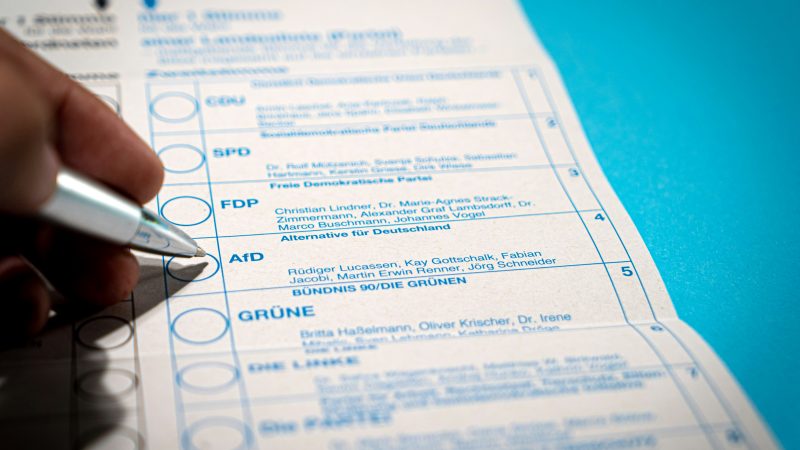Germany’s National Budget for 2024: Investments in Renewables Amidst Growing Cybercrime Threats
This week marks the commencement of the initial reading of the draft budget for 2024 in Germany. It is promising a stimulating debate on the government’s priorities. While everything circles around climate and social topics, the growing threat of cybercrime and security falls behind.
The current budget draft signifies the initiation of the consolidation of public finances. In comparison to 2019, an additional 90 billion euros have been earmarked. While this is an impressive sum, it underscores the imperative for the state to judiciously manage the financial resources. But it does not reflect demanding threats in Cybercrime and Defence.
Setting Priorities: Investments in Education, Research, and Infrastructure
The German government demonstrates sagacity by recognizing the necessity to make prudent decisions regarding the allocation of funds to ensure the nation’s future prosperity. At the forefront of this agenda are investments in education and research, as they form the bedrock of innovation and competitiveness. Equally essential is the expansion of infrastructure, particularly in the realms of transportation and digitalization, to stimulate economic growth and enhance the quality of life for citizens. Simultaneously, investments are directed towards fortifying the defense capabilities of the Bundeswehr to safeguard the nation. But nothing is demanded for the fight against Cybercrime.
Liberals are concerned about Germany’s Competitiveness
The Free Democratic Party (FDP) faction, led by Christian Dürr, underscores the imperative to reinvigorate Germany’s competitiveness. This goal will be a focal point in the forthcoming months. Dürr strongly recommends a reduction in the electricity tax in Germany to enhance the regulatory framework within the energy policy sphere. Such a measure could alleviate the burdens on businesses and stimulate the German economy.
During their retreat in Dresden, the FDP faction approved a position paper outlining a comprehensive reform agenda for competitiveness, growth, prosperity, and individual advancement. This document emphatically underscores the significance of a business-friendly policy that supports economic actors and propels innovation.
The Threat Posed by Cybercrime
While the ongoing budget debate takes center stage, the Federal Association for Information Technology, Telecommunications, and New Media (Bitkom) warns of the escalating threat posed by cybercrime. This topic is underrepresented in the budgets’ discussion. A recent study illustrates that the German economy annually incurs damages of 206 billion euros due to the theft of IT equipment and data, digital industrial espionage, and sabotage. This disconcerting trend marks the third consecutive year that this damage exceeds the 200 billion euro threshold.
The study also underscores that nearly three-quarters of companies have been affected by both analog and digital attacks over the past twelve months. Of particular concern is the increase in attacks attributable to organized crime.
Digital Attacks on the Rise
The study unequivocally demonstrates that attacks on businesses are increasingly shifting into the digital realm. Theft of IT and telecommunications equipment, as well as the theft of sensitive data, are particularly prevalent. Consequently, businesses are compelled to intensify their investments in IT security to shield themselves from these threats.
Demands on Government
The study further elucidates that businesses expect increased support from the government in the battle against cybercrime. They desire enhanced cooperation in cybersecurity at the EU level, a more robust approach against foreign-origin cyberattacks, and an expansion of investigative powers to uncover online attacks. It is imperative that policymakers acknowledge the threat posed by cybercrime and promptly implement measures to ensure the digital security of the nation.
In the grander context, the ongoing budget debate and the threat posed by cybercrime underscore the challenges that Germany confronts. It is imperative to set the right priorities, investing in both future endeavors and networked security while fortifying defenses against the growing menace of cybercrime. Only through such measures can Germany maintain its competitiveness and effectively combat the burgeoning threat of cybercrime.






